Smart home technology is a promise that is yet to truly transform our connected lifestyle. It dates back to the first emergence of home automation – when Nikola Tesla created a remote control for a toy in 1898 and when Westinghouse engineer Jim Sutherland created the ECHO IV as the first true home automation device in 1966.
More than a decade after Sutherland’s creation, smart home still remains a concept and even the likes of Google have abandoned their planned smart city project aimed to showcase smarter living. A major peril of smart homes is the lack of compatibility between various products available in the market.
While big tech companies like Google, Amazon, Apple, and Samsung SmartThings have come together to build an open-source smart home interoperability protocol called Matter, it is yet to appear in devices. With Matter being a work-in-progress, a Dutch startup aims to deliver a better smart home.
Smart home devices were only for geeks

Athom was started by Emile Nijssen and Stefan Witkamp in 2014 as a Kickstarter effort. The need for Athom came because smart home devices didn’t work together. Nijssen, who is the company’s Creative Director, says “only geeks had the skills to link them.”
To make sure that smart home devices were easy to use for everyone, they created Homey as an intelligent hub that connects all your devices at home. The device combined them into a “single, easy to use, open platform.”
When Homey went live as a Kickstarter campaign, it became the first successful Dutch kickstarter. After the success on Kickstarter, Athom raised $1M seed funding in 2015 and Nijssen says they have been profitable on their own.
Since its inception in 2014, Athom has turned Homey into a freemium software product while continuing to sell hardware products by the same name. Available for free via an app, Homey allows users to connect up to five devices, create unlimited flows to automate processes, and save money on energy.
In order to add more devices, users need to upgrade to Homey Premium that allows them to connect an unlimited number of devices. Homey Premium costs $2.99 per month while Homey Bridge is available for $69. In early 2023, Athom will introduce Homey Pro as a next-gen smart home hub with improved wireless band support across protocols like Zigbee, Z-Wave, and Infrared.
Hardware is extremely hard
“Hardware is extremely hard, especially with a tiny budget,” says Nijssen. He says their biggest challenge has been to build a successful hardware product with the smallest of budget.
“We were inexperienced in literally everything, so we had to reinvent ourselves constantly. Looking back, that made us do things in a way no one experienced would have dared,” he says.
However, Nijssen says all of their success goes back to the people they hired. Athom currently employs 22 “brilliant” engineers, designers, marketeers, sales, and support people.
“Every hire was important to us. The most impactful people for us have been a lead engineer and a lead designer,” Nijssen adds.
Rising with Techleap.nl’s Rise programme
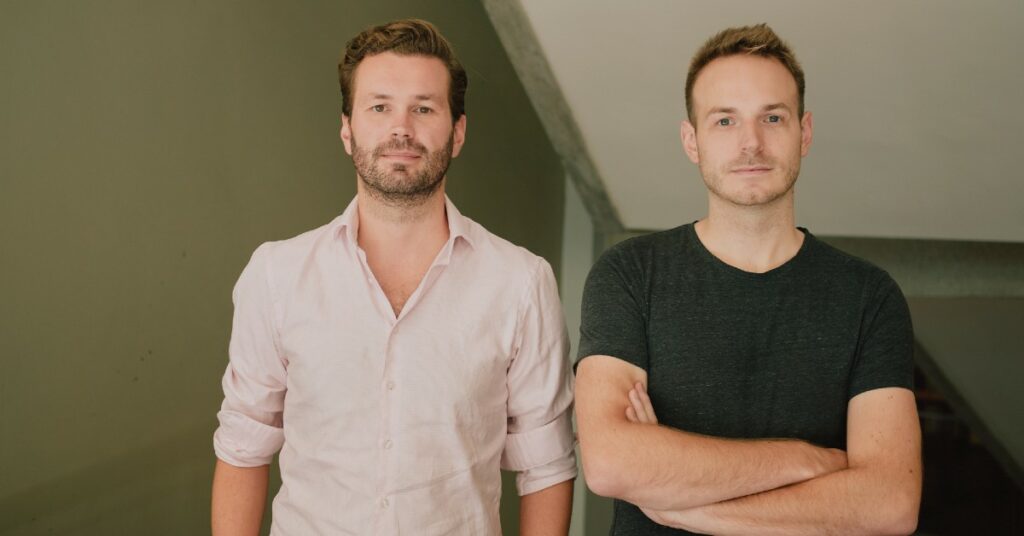
Athom was one of the nine scaleups to join batch #8 of Techleap.nl’s Rise programme. Nijssen, who joined the programme, says the opportunity to “learn from people who did it before you” was the major motivation for them to join.
When asked about how the Rise programme helped him personally, Nijssen is quick to talk about the need for founders to step back from daily operations. This is a common theme across scaleups participating in the Rise programme this year. Techleap.nl has been able to help these Dutch startups and scaleups look at the big picture.
“Taking a step back from daily operations, and asking critical questions about your own business has been a great exercise for us founders,” Nijssen elaborates.
Nijssen says the experience of learning from other companies about their issues has given him a broader perspective on some of their own problems. “Sometimes it seems you are not doing too bad after all,” he says with a grin.
Homey for every home

Bill Gates once dreamed of putting a PC at every desk and Nijssen also has a similar aspiration. He says, “every home deserves a Homey” and Athom is already doing well in Europe. For the co-founders though, there is an opportunity to do even better in the European market.
They are also rolling out Homey in the US, Canada, and other markets, but Nijssen acknowledges that “it is not a household nameyet.”
For Nijssen, the mission of Athom and Homey is rather simple. He sees the smart home ecosystem as one fed by the big tech companies and wants to change that paradigm. “When people don’t assume smart home is what big tech feeds them, but unleash their creativity at home to solve their own little frustrations with Homey,” he says.
He says one of the ways to succeed as an entrepreneur is by not trusting one-liner advice from entrepreneurs. “Your business is unique. If it weren’t, you’re probably not doing so great,” he adds.



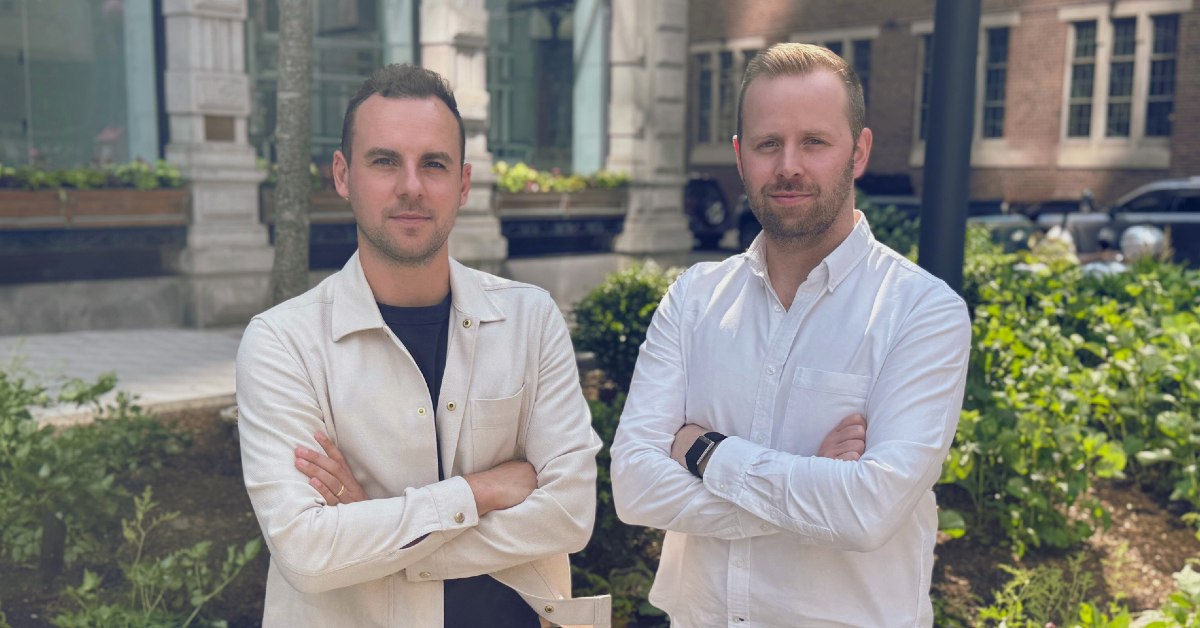
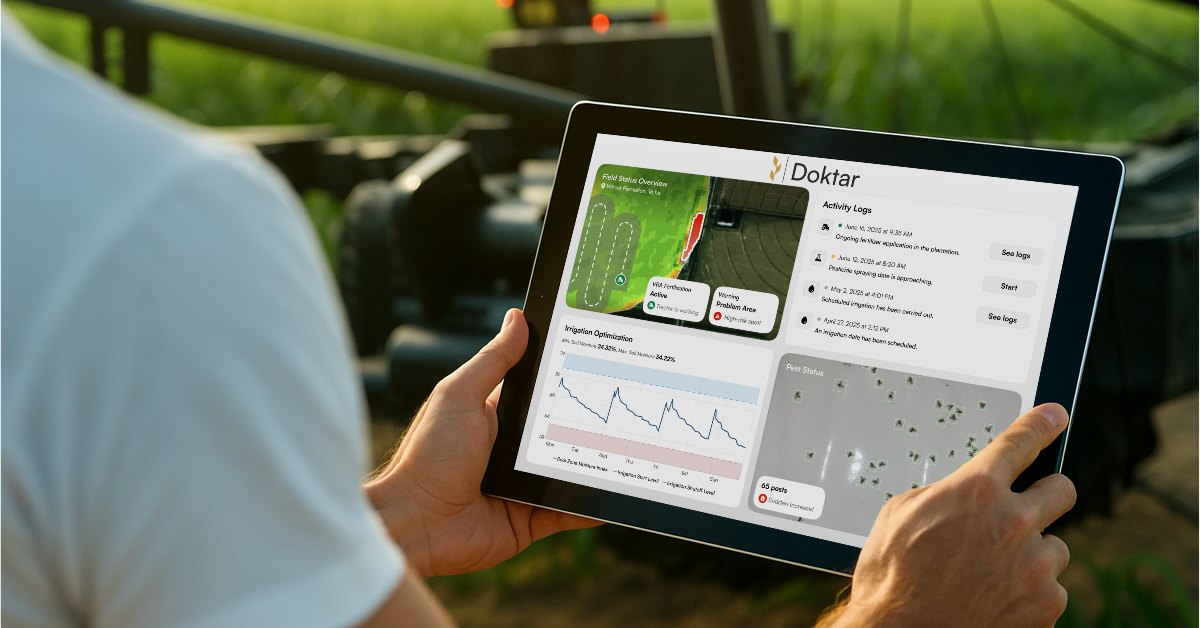
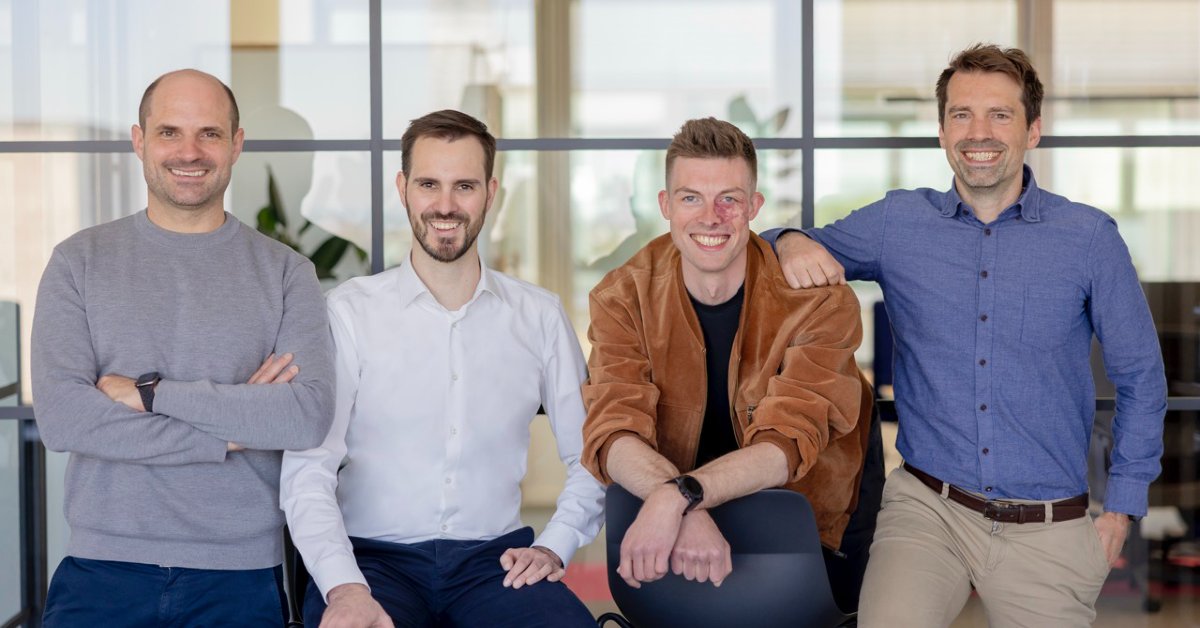
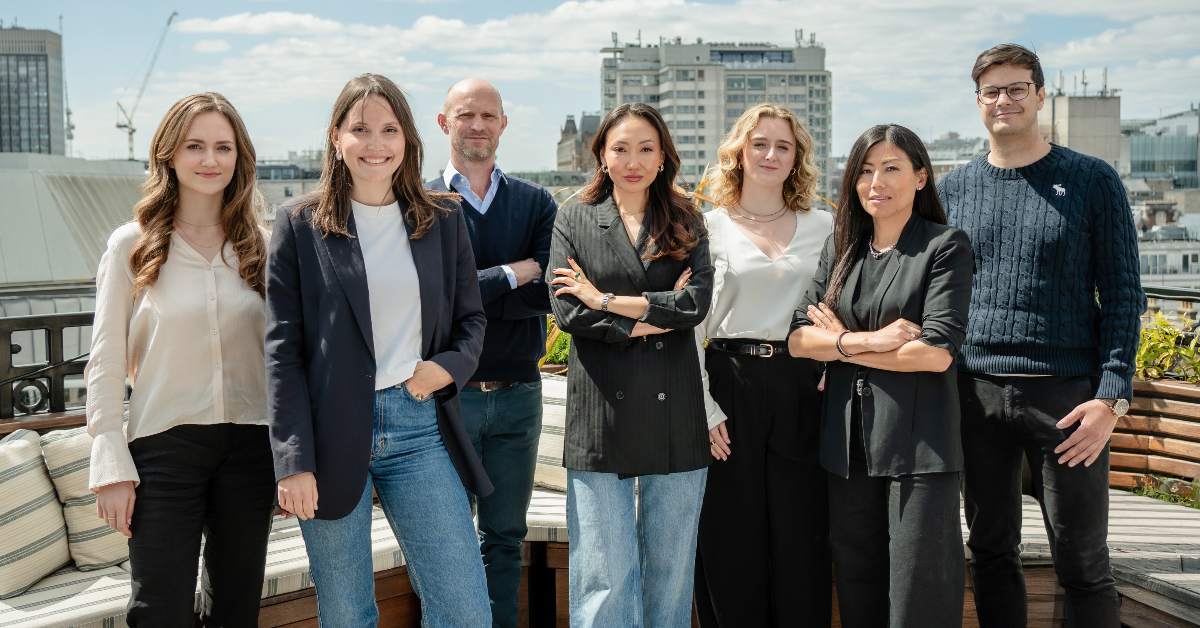
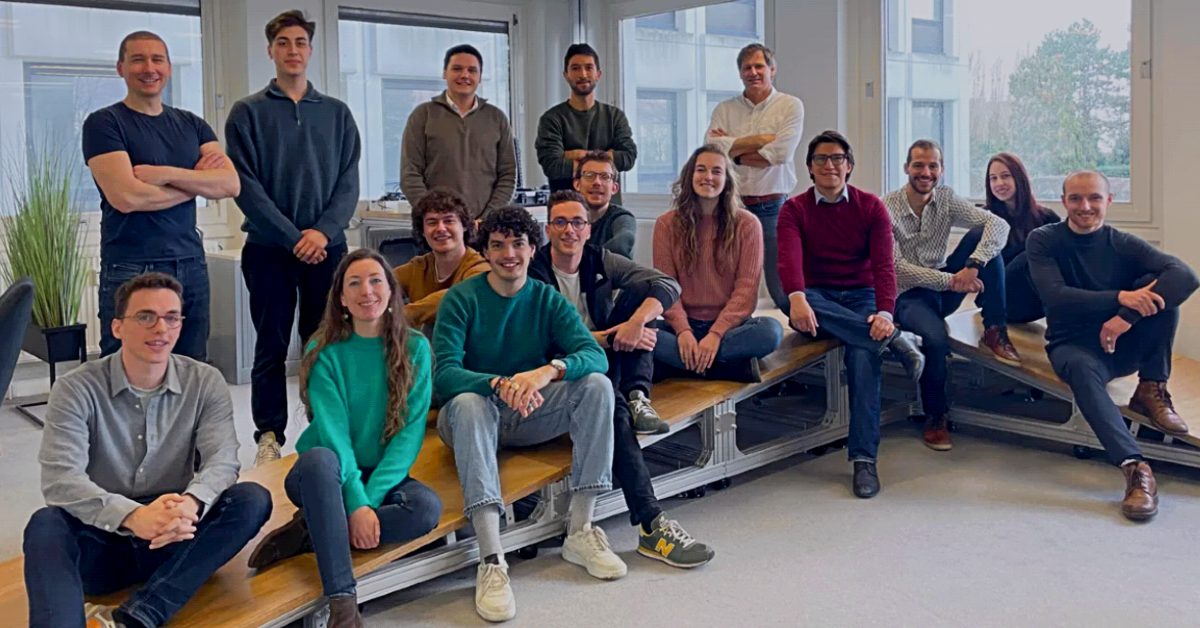
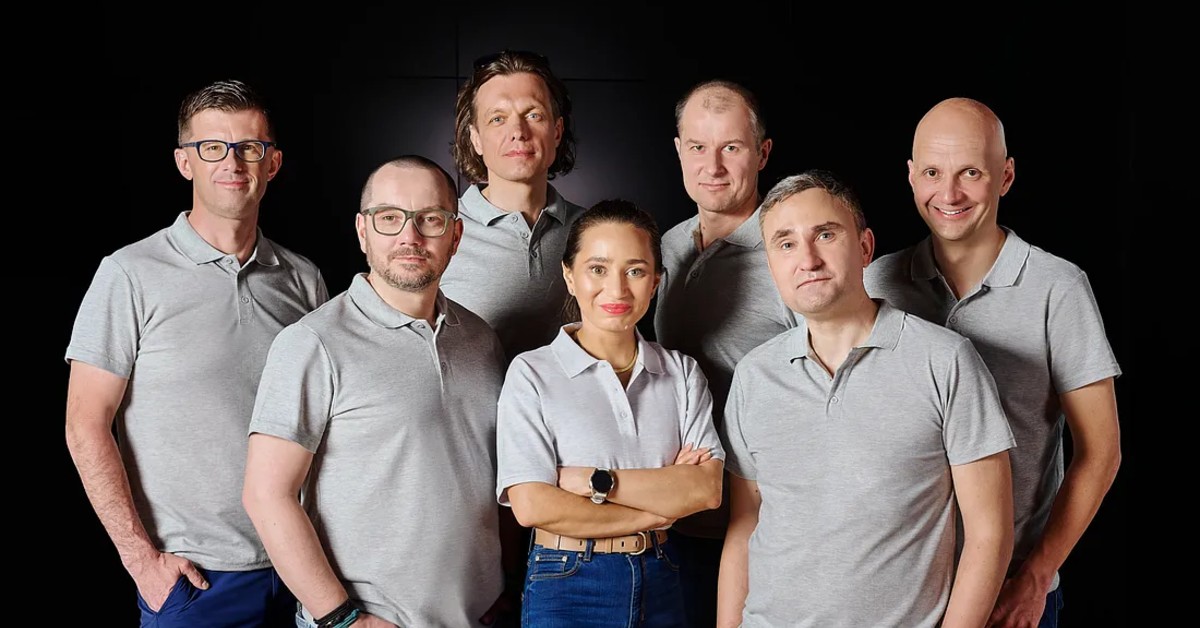

01
From Mexico City to Rotterdam: How the Dutch Startup Visa launched Estefania Hernandez’s HR tech revolution